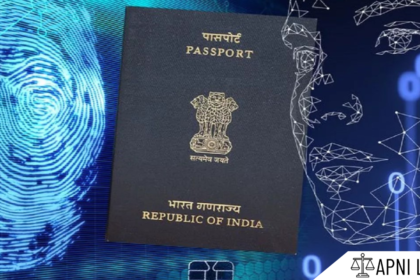Code
(1) In all warrant-cases tried before a Magistrate, the evidence of each witness shall, as his examination proceeds, be taken down in writing either by the Magistrate himself or by his dictation in open Court or, where he is unable to do so owing to a physical or other incapacity, under his direction and superintendence, by an officer of the Court appointed by him in this behalf:
1[Provided that evidence of a witness under this sub-section may also be recorded by audio-video electronic means in the presence of the advocate of the person accused of the offence.]
(2) Where the Magistrate causes the evidence to be taken down, he shall record a certificate that the evidence could not be taken down by himself for the reasons referred to in sub-section (1).
(3) Such evidence shall ordinarily be taken down in the form of a narrative; but the Magistrate may, in his discretion take down, or cause to be taken down, any part of such evidence in the form of question and answer.
(4) The evidence so taken down shall be signed by the Magistrate and shall form part of the record.
Explanation
- This section applies to all warrant cases, which are cases where the accused is summoned to appear before the court.
- The Magistrate is required to record a detailed judgment at the conclusion of the inquiry or trial.
- The judgment must include a concise statement of the facts proved, the points determined, and the reasons for the decision.
- The format of the judgment is prescribed by the respective High Court.
Illustration
Consider a case where a person is accused of theft. The Magistrate, after conducting the inquiry, finds the accused guilty. The Magistrate must then record a judgment in the case file, which includes:
- A statement of the facts proved, like the stolen items, the evidence of witnesses, and the accused’s confession.
- The point determined, which is whether the accused committed the theft.
- The reasons for the decision, which might include the reliability of witnesses, the weight of evidence, and the interpretation of the law.
Common Questions and Answers
Q: What is the purpose of Section 275 CrPC?
A: It ensures transparency, accountability, and fairness in the judicial process. The detailed judgment allows for proper review by higher courts and safeguards the rights of the accused.
Q: What happens if the Magistrate fails to comply with Section 275?
A: Failure to comply can be grounds for appeal or revision. The judgment may be considered insufficient or invalid, leading to a potential retrial.
Q: Are there any exceptions to Section 275?
A: Some exceptions exist, such as summary trials or cases where the Magistrate deems it unnecessary to record a detailed judgment.








